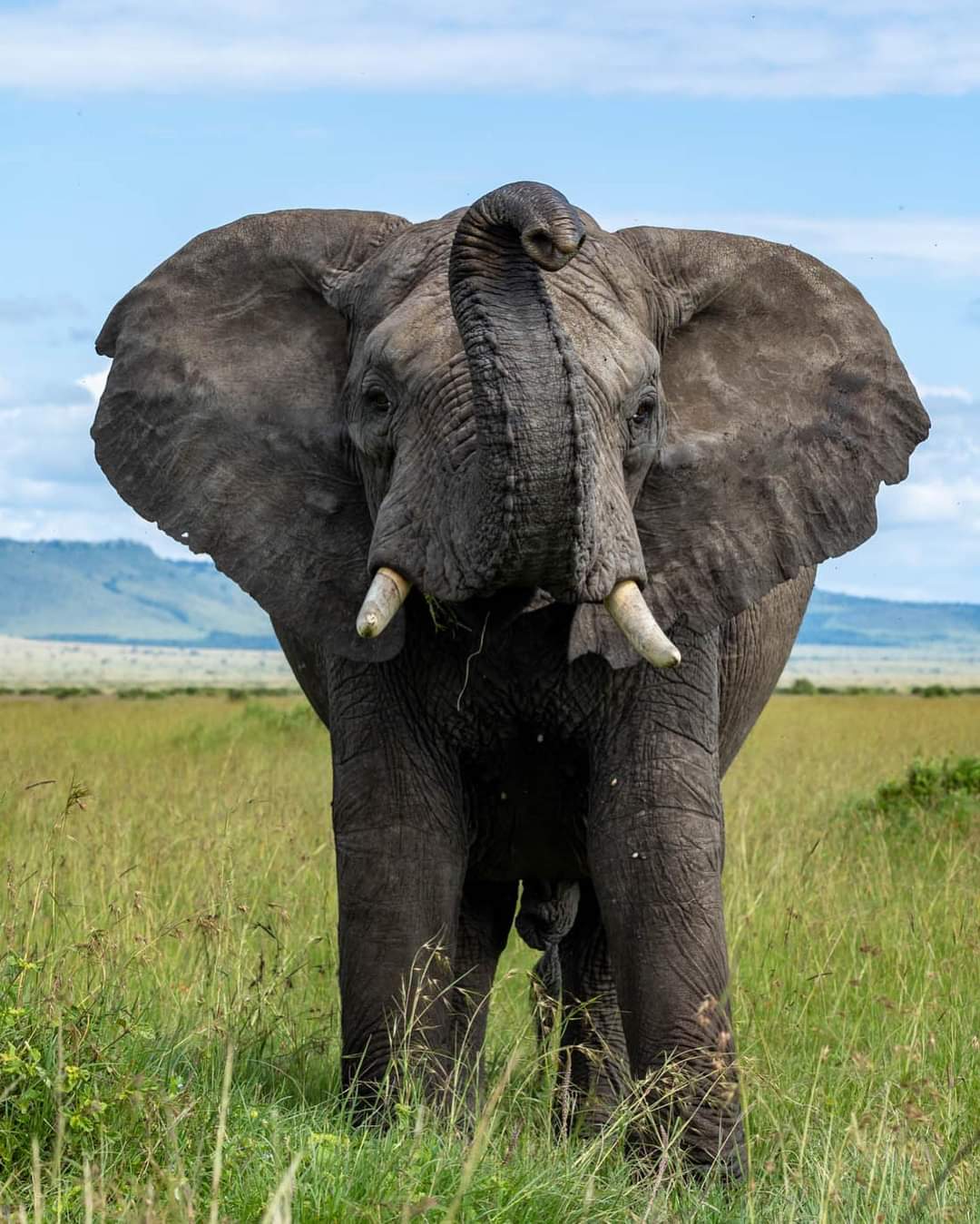
Booking a safari in Kenya
Posted on September 6, 2024
FAQ asked while thinking of Booking a safari in Kenya
Booking a Safari in Kenya: What You Need to Know to Prepare Accordingly
1. Understanding the Best Time to Visit When planning a safari in Kenya, timing is crucial. The best time to visit largely depends on the wildlife you wish to see and the climate conditions. The Great Migration, which involves massive herds of wildebeest and zebra, typically occurs from July to October as they cross into the Masai Mara from the Serengeti. This period is considered peak season due to high wildlife visibility and dramatic river crossings. Conversely, visiting during the calving season from January to March offers opportunities for birdwatching and seeing newborn animals.
2. Choosing Your Safari Destination Kenya boasts several renowned safari destinations, each offering unique experiences:
- Masai Mara National Reserve: Famous for its diverse wildlife and the Great Migration.
- Amboseli National Park: Known for its stunning views of Mount Kilimanjaro and large elephant herds.
- Samburu National Park: Offers a chance to see unique species such as Grevy’s zebra and Somali ostrich.
- Lake Nakuru National Park: Renowned for its flamingo populations and rhino sightings.
Selecting a destination will depend on your interests, whether it’s big game viewing, birdwatching, or experiencing local cultures.
3. Budgeting for Your Safari Costs can vary significantly based on factors such as travel season, type of accommodation (luxury lodges vs. budget camps), length of stay, and included activities (game drives, guided walks). It’s essential to establish a budget early on and consider additional expenses like park entry fees, tips for guides, and any optional activities (e.g., hot air balloon rides).
4. Booking Accommodations Once you have determined your destination and budget, booking accommodations is next. Options range from luxury lodges with all amenities to more rustic tented camps that offer an authentic experience. It’s advisable to book well in advance—especially during peak seasons—to secure your preferred lodging.
5. Transportation Arrangements Traveling within Kenya often involves domestic flights or road transfers between parks and reserves. Nairobi serves as the main hub with Jomo Kenyatta International Airport (JKIA) handling international flights while Wilson Airport caters to domestic flights. Consider chartered flights for convenience if traveling between remote locations.
6. Packing Essentials Packing appropriately is vital for comfort during your safari:
- Clothing: Neutral-colored clothing that blends with the environment; lightweight layers are recommended due to varying temperatures.
- Footwear: Comfortable walking shoes or boots suitable for rugged terrain.
- Binoculars & Camera: Essential for wildlife viewing; ensure you have extra batteries and memory cards.
- Health Precautions: Consult with a healthcare provider about vaccinations (e.g., yellow fever) and malaria prophylaxis before traveling.
7. Respecting Local Cultures & Wildlife Understanding local customs is important when visiting communities near national parks or reserves. Always follow guidelines provided by your guides regarding wildlife interactions—maintaining a safe distance from animals is crucial for both your safety and their well-being.
By following these steps carefully when booking your safari in Kenya, you can ensure a memorable experience filled with breathtaking wildlife encounters.
What types of safaris does Denhum Holidays offer?
Thinking of booking a safari in Kenya? Denhum Holidays offers a variety of safaris including Kenya, Tanzania, and Uganda safaris, tailored to meet different preferences and budgets.
How can I book a safari with Denhum Holidays?
You can book a safari by visiting our website and navigating to the ‘Safaris’ section or by contacting our customer service team directly at sales@denhumholidays.com OR info@denhumholidays.com
Do you offer customized safari packages?
Yes, we specialize in tailor-made and customized holidays and safaris to suit your specific needs and preferences.
What is the best time to go on a safari in Kenya?
The best time for a safari in Kenya is typically during the dry seasons from June to October and January to February, when wildlife viewing is at its peak.
Are there any discounts available for bookings?
Yes, we currently offer a 10% discount on guaranteed weekly departures. Check our website for more details on promotions.
What should I pack for a safari?
We recommend packing lightweight clothing, comfortable shoes, a hat, sunscreen, insect repellent, and a good camera for capturing wildlife.
Is travel insurance included in the safari packages?
Travel insurance is not included in our packages, but we highly recommend that all travelers purchase their own travel insurance for safety and peace of mind.
What are the payment options for booking a safari?
We accept various payment methods including bank transfers, credit cards, and mobile money. Please contact us for specific details.
Can I cancel or change my booking?
Yes, you can cancel or change your booking. Please refer to our Booking & Cancellation Terms for more information.
How can I contact Denhum Holidays for more information?
You can contact us via email us


Comments are currently closed.